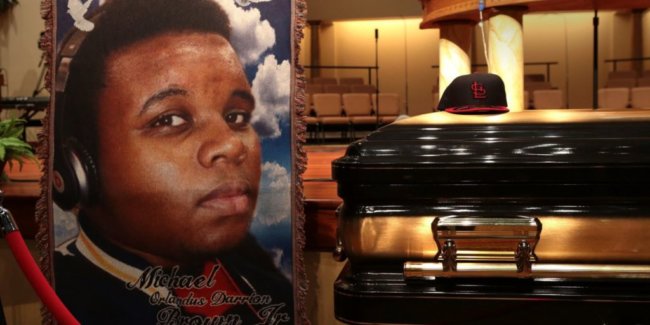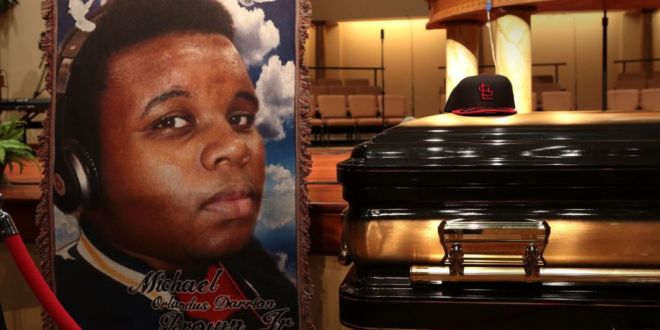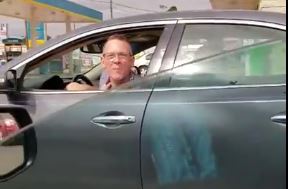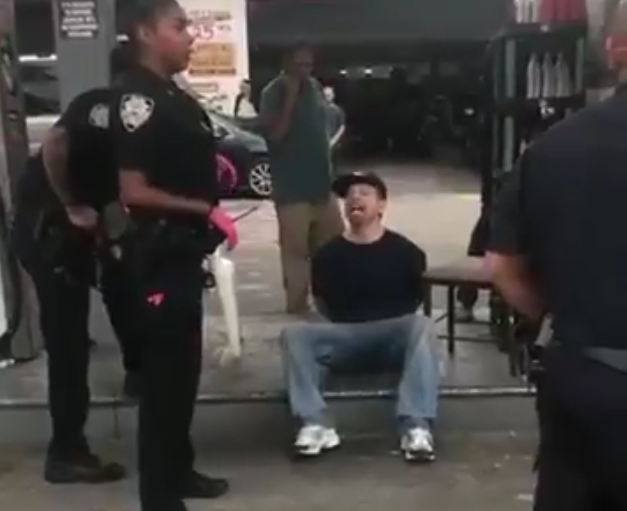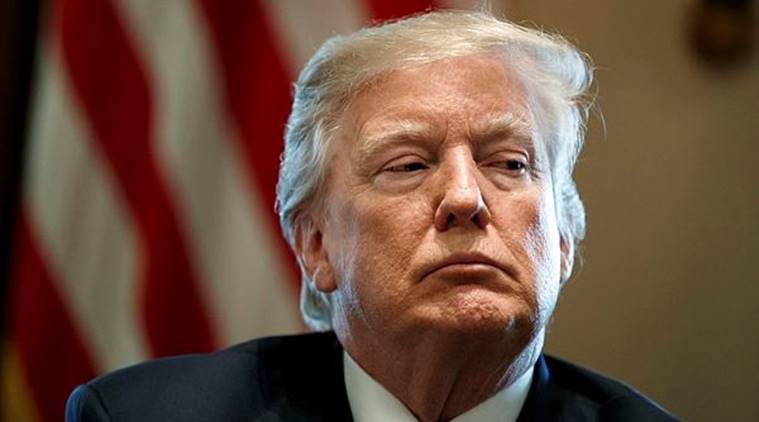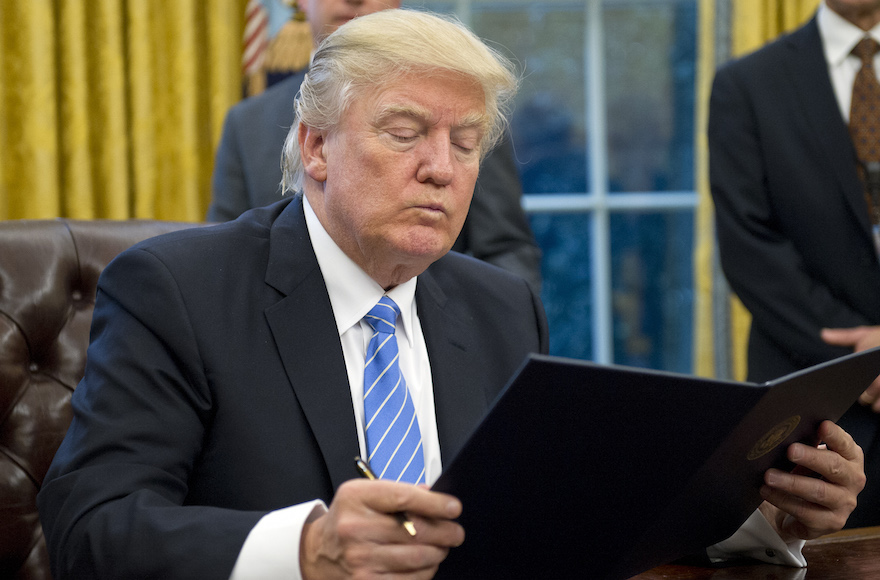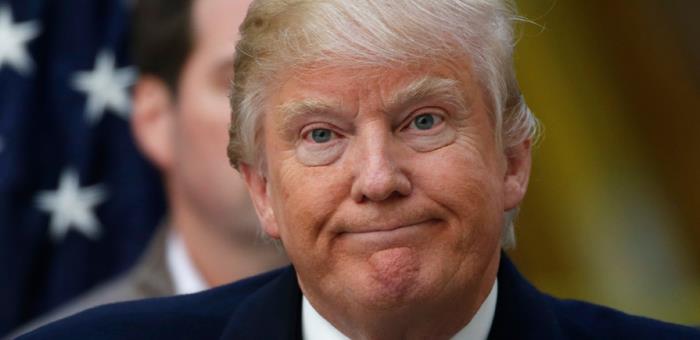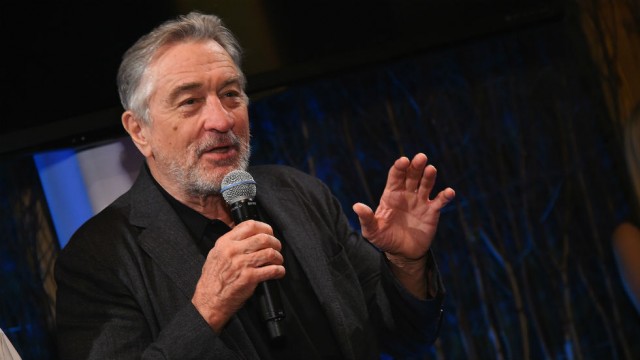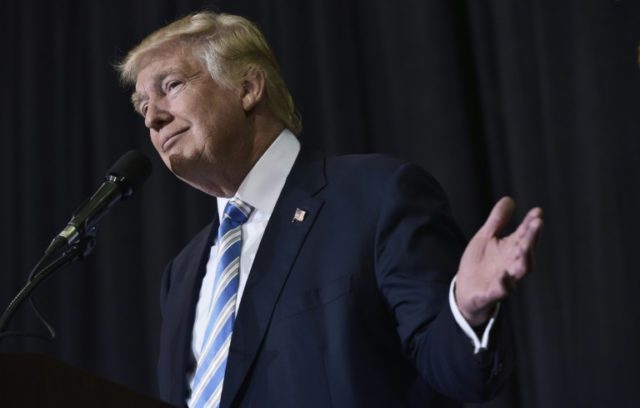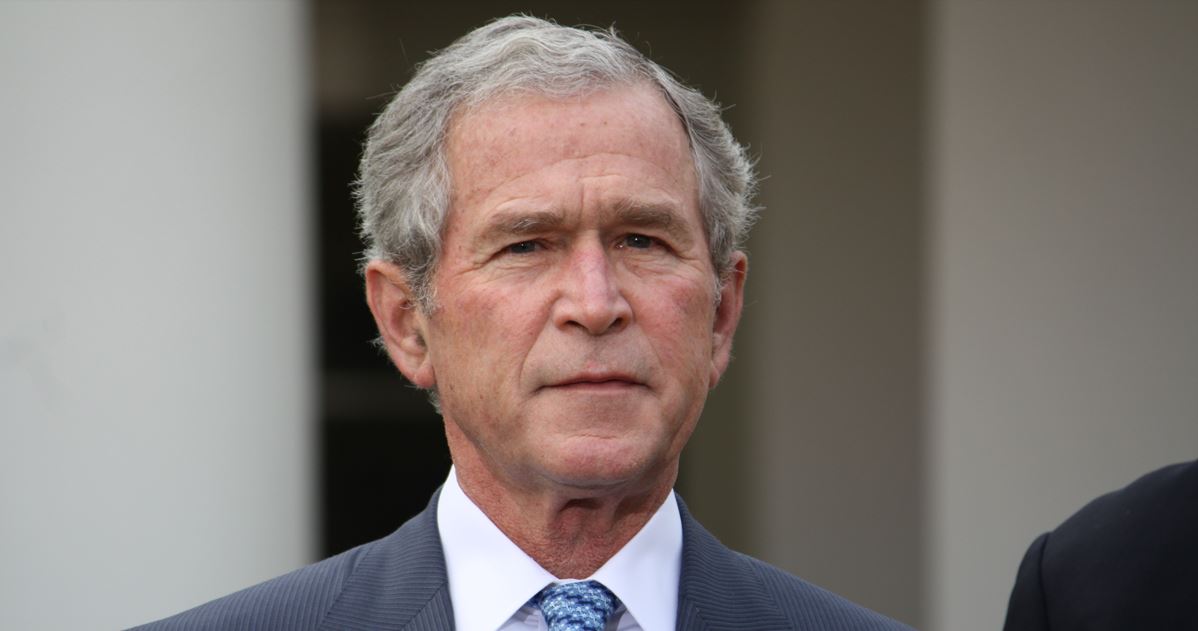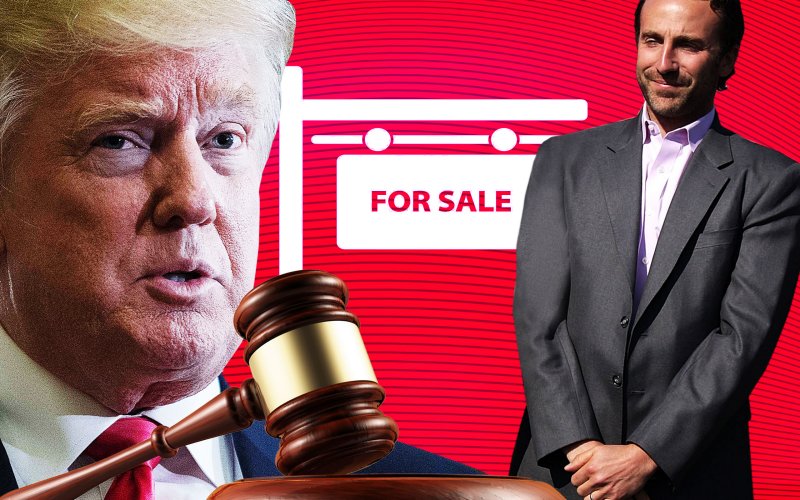I posted the first part of this post which was originally published on The Daily Beast. This is definitely a must read for all.
“I can pretend to belong here better than Trayvon and Mike Brown were ever given the chance to. But however hard I try, however well they treat me, I know this is not my country.”
—
When my father first came to this country as a graduate student, there was an incident where he and a friend were walking home and were suddenly confronted in a parking lot by a group of apparently intoxicated students in a car, driving around them in circles, shouting threats and racist catcalls.
My father’s friend counseled him to ignore it, to wait for them to get their jollies and leave, that this is just the kind of thing that happens once in a while.
My father waited, and they didn’t leave, and then my father picked up a rock and said, “I’m counting to thirty and if they’re not gone by then this rock is going through their windshield.”
Luckily, they tired of the sport and peeled off around when my dad hit fifteen. It’s good for me that they did—had the rock gone through the windshield, had glass flown in a thousand bright shards across the asphalt, had the driver slumped over, bleeding, and the car doors swung open and his friends stormed out filled with anger, had police been called and charges been filed—well, I probably wouldn’t be here.
If by chance one of those students had been a Zimmerman, carrying a firearm for “self-defense” against “violent criminals” armed with rocks, I very definitely would not be here.
There was a moral to this story when my father told it to me, a moral that I hated more than any of the other morals that came attached to his other anecdotes.
It was a moral that explained many things. It explained, for instance, why he never went to parent-teacher association events, never integrated himself into “the community.” Why he consistently obeyed Rule #1, a rule that my friends’ white suburban parents had never considered—a rule I would not hear from others until I actually met people who’d grown up urban and poor when I got older—Never Talk to the Cops. (In the Bill of Rights it’s actually Rule #5.)
Why he urged me to choose a career specialization based on objective assessment of skills and achievements, one where success was quantifiable, one whose practitioners were organizationally indispensable. To take an “Asian” job like engineer, scientist, programmer. One where there was little room for subjectivity, where the personal impression of the interviewer counted less. To stay away most of all from fields where I would be judged purely based on how well people could relate to me, like direct sales, like middle management, like the performing arts.
To never, ever, ever put my livelihood in a position where I depended on white people liking me.
Because it was a lesson he learned the night that some random drunkards decided that terrorizing two pedestrians in a car, swerving toward them again and again, would be fun—would have no legal consequences because the cops wouldn’t care, would have no moral consequences because the victims didn’t matter.
A lesson he learned every time he was pulled over for a speeding ticket, or pulled aside by the store detective and asked to turn out his pockets, or quietly scoffed at and eyerolled at by a customer service rep for his accent.
That lesson was:
This Is Not Your Country.
You can live here. You can make friends. You can try to live by the law and be a decent citizen and even maybe make a lot of money.
But you will never, ever belong. You will never, ever be one of them. And you must never, ever trust them.
